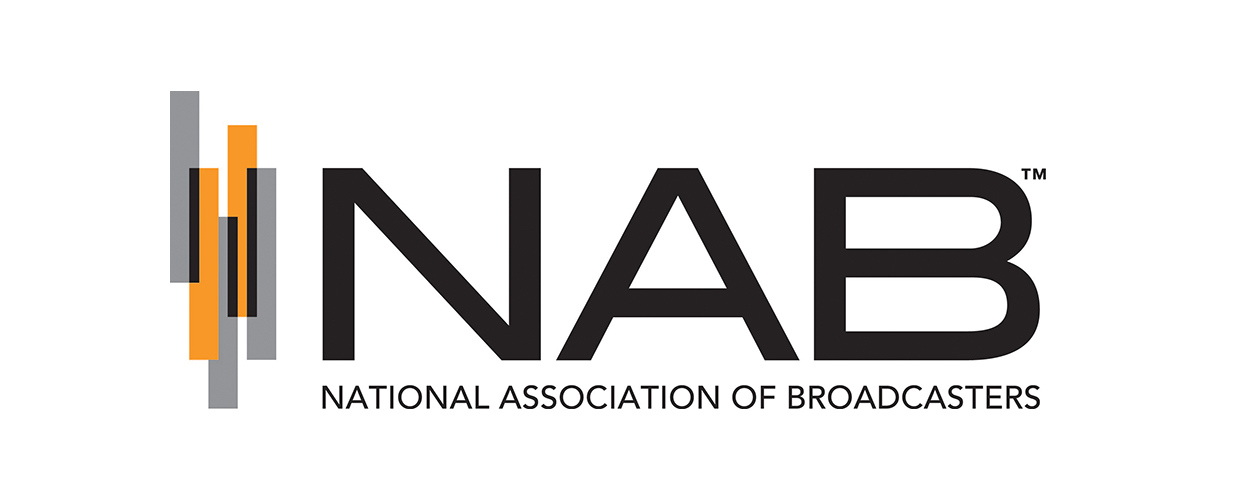This website uses cookies so that we can provide you with the best user experience possible. Cookie information is stored in your browser and performs functions such as recognising you when you return to our website and helping our team to understand which sections of the website you find most interesting and useful.
Business News Deals Labels & Publishers Legal
BMI and ASCAP persuade broadcasters to back Music Modernization Act
By Chris Cooke | Published on Monday 29 January 2018

US collecting societies BMI and ASCAP have reached a deal with America’s National Association Of Broadcasters, ensuring the radio industry group’s support for the Music Modernization Act.
The MMA – which has now been introduced in both houses in the US Congress – primarily seeks to sort out America’s mechanical rights mess, helping streaming services avoid multi-million dollar lawsuits over unpaid mechanical royalties.
It will set up a new collecting society empowered to offer streaming firms a blanket licence covering the mechanical rights in any songs streamed that are not otherwise covered by a direct deal with a music publisher. The streaming firm will hand over mechanical royalties to the society, which will then be charged with the task of working out which publishers and songwriters need to be paid.
That system would be a huge boost to the streaming companies. The kickback for the songwriters and publishers is an overhaul of the way rates are set in the US by the Copyright Royalty Board and the rate courts whenever compulsory licences – or licences administered by collecting societies BMI and ASCAP – are in play.
The music industry reckons that criteria currently employed by the CRB and rate courts short-change publishers and songwriters. New criteria could see future rates go up, for both the mechanical and performing rights in songs. The streaming firms will nonetheless back those changes, despite possible rate increases, because the blanket licence for mechanical rights they will get in return will bring to an end millions – if not billions – in liabilities for when a streaming service can’t work out which publisher or writer to pay.
However, if performing right royalties go up as a result of the new rate court criteria, that will affect traditional radio stations too. They don’t generally exploit mechanical rights, unless they also run on-demand streaming services. This means that traditional radio – a powerful lobby in Washington – could lose out as a result of the MMA with no accompanying kickback. As a result, the broadcasters might seek to block legislation that the streaming firms need to get through as quickly as possible.
BMI and ASCAP reaching an agreement with the NAB is therefore important. The two collecting societies and the radio industry trade group put out a joint statement on Friday confirming that such an agreement had been reached.
They stated: “We are extremely happy to announce that the NAB, ASCAP and BMI have reached an agreement regarding the Music Modernization Act. This agreement resolves NAB’s concerns with the potential introduction of new evidence into the rate-setting process while preserving ASCAP’s and BMI’s ability to seek meaningful compensation from the growing digital music marketplace”.
They continued: “Our three organisations have enjoyed a long, unique and successful relationship, and as a result, we were able to work together to find a path forward on this important legislation that is fair to all parties”.
Finally, they name-checked the political types leading on the MMA in Congress, concluding: “We greatly appreciate the support of the bill’s sponsors, in particular Representatives Doug Collins and Hakeem Jeffries, and Senators Orrin Hatch, Lamar Alexander, Sheldon Whitehouse and Chris Coons, for their leadership in facilitating this agreement and advancing important music licensing reforms”.





